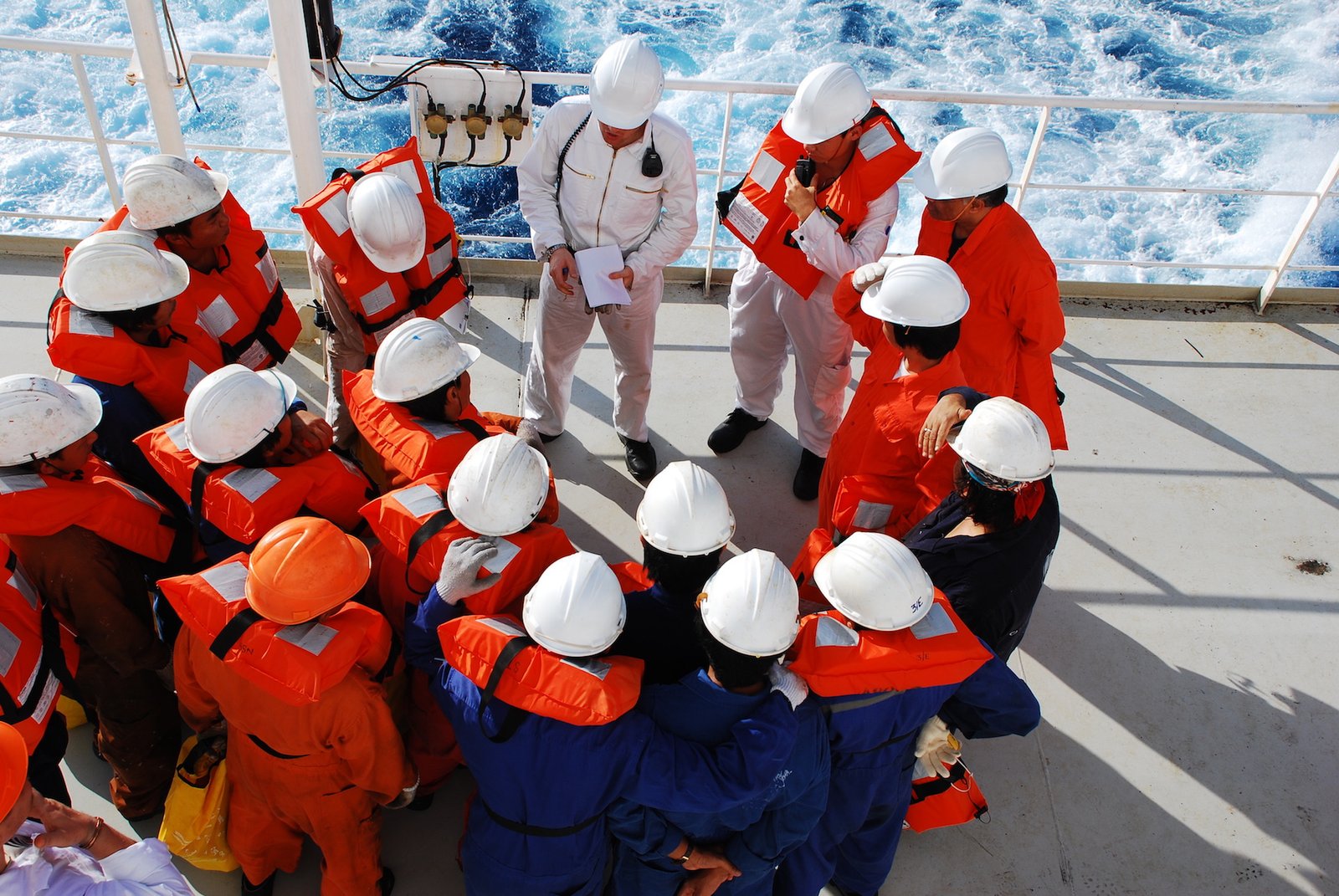
CREW MANAGEMENT
Crew management is a service that involves the administration and coordination of personnel, particularly in the maritime and aviation industries. It encompasses various activities related to the selection, deployment, scheduling, training, and welfare of crew members. In the maritime industry, crew management involves the management of seafarers who work on ships, including commercial vessels, cruise ships, and offshore platforms. The responsibilities of a crew management service provider may include:
- Recruitment and Selection: Finding suitable candidates for various positions onboard ships, conducting interviews, verifying qualifications, and checking references.
- Crew Planning and Scheduling: Assigning crew members to specific vessels or routes, taking into account their qualifications, experience, and leave schedules. Ensuring compliance with regulatory requirements, such as the International Convention on Standards of Training, Certification, and Watchkeeping for Seafarers (STCW).
- Training and Development: Arranging and coordinating training programs for crew members to maintain and improve their skills, including mandatory training courses such as safety, security, and emergency response.
- Crew Welfare: Taking care of the well-being of crew members, including addressing their concerns, providing support services, and facilitating communication between crew and management.
In the aviation industry, crew management services are similarly focused on managing airline personnel, including pilots, cabin crew, and ground staff. The activities involved in aviation crew management are comparable to those in the maritime sector, with specific considerations for aviation regulations and safety requirements.
Overall, crew management services play a crucial role in optimizing the utilization of crew resources, ensuring compliance with industry regulations, and promoting the well-being of crew members in both maritime and aviation industries.



